Three ways to enhance your students’ (academic) performance
Mia Tarau
We all really want our students to succeed in their learning journey – but what kind of extra support can we offer in order to boost their overall performance? Below, three ways that I have incorporated into my classroom practice with good results (as confirmed by my students).
1. To boost student engagement, incorporate their personal interests into lessons
We all know that a little attention from the teacher goes a long way in terms of motivating students and helping them engage with the class more. However, how can we make this a part of our daily teaching practice? My top two-tier strategy that I have been using with each new student group (class size permitting):
TO BEGIN: When you first get to know your class, begin by doing a cute/interesting/engaging short presentation about yourself using movie trailers, songs that you like, images of things you love, memes – anything that would let students get to know you a bit better from Day 1; follow this by inviting students to briefly introduce themselves to the class in a similar way in the second lesson. This will inevitably help students ‘bloom’ from the beginning. Your example will show that you care, and it will help them feel less ‘under the spotlight’, boosting classroom bonding from the get-go. This will only benefit the collective learning journey of the class.
FOLLOW-UP: At the start of each lesson, while you wait for students to arrive/settle in/while you take attendance and set up, ask one student per day to share their favourite song, which you can then play for the whole class while everyone is getting ready to begin the day. This is guaranteed to boost their mood and – again – help them feel welcomed and willing to be part of the group, which will bode well for class cohesion.
2. To boost academic performance, recommend/promote the extra learning support services available within your institution
No matter how well-intentioned we are as teachers, there comes a time when we simply do not have the time to give out-of-class learning support to each student (which we all know they will ask for!) – and sometimes, it is not even our job to do these extra things for them. However, we CAN support their out-of-class learning by informing them of the learning support available to all students for free within their wider learning institution. Universities and university-attached language institutes all have access to these services. Encourage your students to access them, and give them tips on how these can help. For example, advise them to book individual learning sessions with an advisor well before a difficult piece of assessment is due, to make sure that they can secure a spot and get some help in areas that you as a teacher cannot or shouldn’t give extra feedback on BEFORE they submit their assignment (such as structuring their arguments better, or making phrasing or minor sentence-level corrections).
3. To boost personal well-being, recommend/promote the personal support services offered by your educational institution
In addition to showing them how and where to get extra academic help, promote university/learning institution-coordinated personal well-being services to your classes. From wellness programmes and school trips to student-focused events like parties and concerts, make sure your classes know that they can get help with everything from staying active and healthy to managing their time, fixing issues with their accommodation, and enjoying some (supervised and fun) events where they can make friends and enjoy themselves (hopefully while all their assignments are completed on time!). After all, all work and no play would make anyone a dull student!
What are some ways in which YOU support your students? Let us know in the comments!
Happy teaching!
